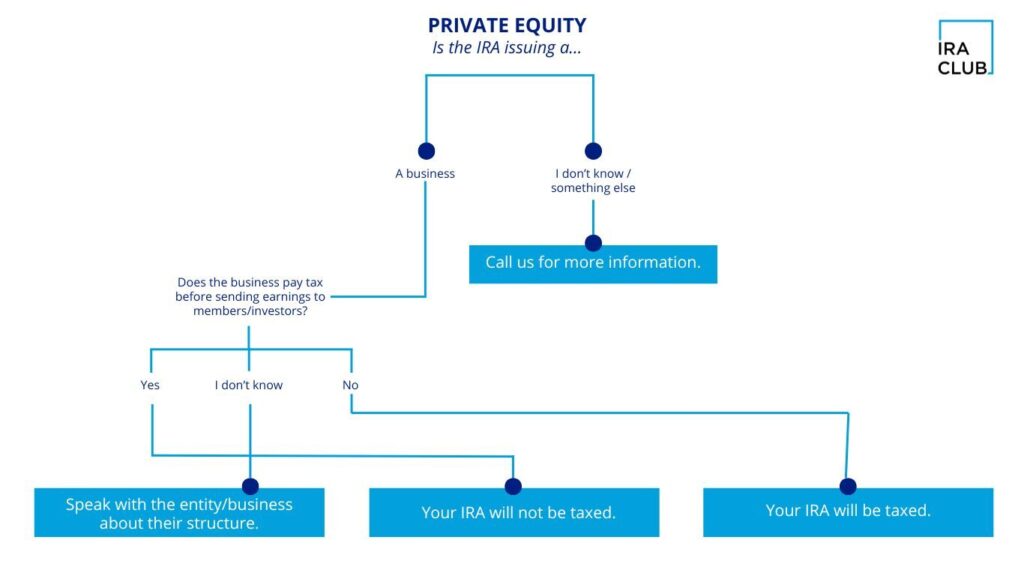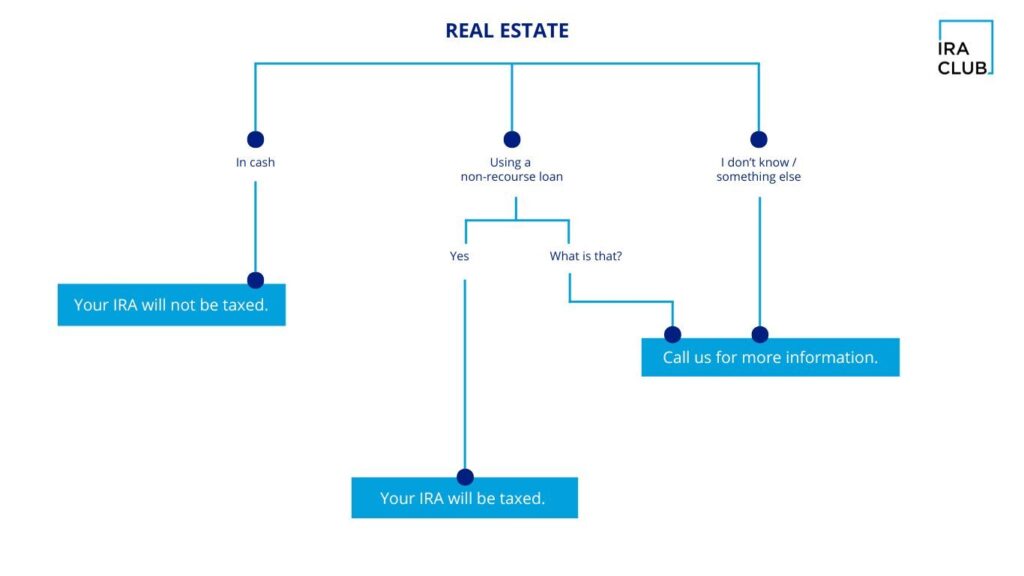Learn About Real Estate and Energy Investments
February 13th, 2025 1:00 PM CT
Discover how to combine the stability of real estate with the potential of energy assets, aiming for annual returns in the range of 7-12%. This strategy blends reliable property investments with high-performing energy ventures to create a diversified portfolio.

Shawn Muneio
Ramez Fakhoury
Special Offer! Bequest Asset Management will cover all fees starting with your IRA Club account membership and Bequest investment.
February 13th, 2025 1:00 pm ct

Founded
In 2008

Members
Administered

1 Billion
in Assets

Full-Time
Dedicated Staff

White-Glove
Service
Here’s What You’ll Learn
1
What is driving today’s income challenge and how you can overcome it
2
What Bequest does to address these challenges and how you can get in
3
How an income fund works and Bequest’s unique approach to passive income and returns
4
How you can build your own personal passive income strategy approach
About Bequest Asset Management
Bequest is a specialized private asset management firm that focuses on acquiring and managing real estate and energy assets. Their primary goal is to generate consistent and predictable cash flow for their investors. Based in Sarasota, FL, their team of 20 professionals manage assets across the U.S. Their investment strategy centers on securing value-add assets that aim to provide reliable monthly income.
Their portfolio includes residential mortgage loans in U.S. suburban markets, 72,000 square feet of commercial and medical office space, and cash-flowing energy assets nationwide. Two-thirds of the portfolio is owned by managing partners, with the rest supported by investor capital—underscoring their commitment to success.
Meet The Experts



Bequest Asset Management
Shawn Muneio
Shawn Muneio is a managing partner of Bequest Asset Management. He leads the firm's investment strategies, risk management, and compliance adhering to the Investment Advisors Act and Commodity Exchange Act. Mr. Muneio excels in Reg D 506(c), Reg CF, and Reg A funds across asset classes within real estate and energy.

Vice President of IRA Club
Ramez Fakhoury
As an entrepreneur with a rich background spanning over two decades, Ramez is deeply commited to education and inspiring individuals, empowering them to venture beyond conventional paths and diversify their investments through the power of self-direction.

FDIC Insured
IRA/401(k) cash is FDIC insured

Flat Fee Structure
Flat fees and straightforward pricing

Free IRA Reports
Free annual IRA tax reporting
(RMDs, 1099-R, 5498, 5500 forms)

Investor's Row
Explore alternative investment opportunities

Concierge Service
Friendly, white-glove service

Educational Resources
Up-to-date educational resources on IRS regulations
Frequently Asked Questions
Here are the most common Self-Directed IRA questions. Have others?
Sign up for our webinar and ask us in person!
IRA Club provides a way for people like you to fully utilize the benefits of Self-Directed IRAs, leading to a wider range of investments and potential for better returns.
It’s an IRA that gives you more choices for where you want to invest your money, not just in regular stocks or bonds.
Self-Directed IRAs were passed by Congress back in 1974. Alternative IRA investments have always been allowed by the IRS, however, many IRA companies have placed artificial restrictions on IRA owners over the years. Self-Directed IRAs are not well known because most banks and brokerage firms prefer traditional investments.
It’s easy to make investments with a Self-Directed IRA. Once you find your investment and provide money to the seller, you will receive proof that your Self-Directed IRA is the new owner. It can be in the form of a Bill of Sale, title, deed, or simply a statement identifying your Self-Directed IRA as the asset’s new owner. The main difference is that the name on the title (or other documents) is the name of your Self-Directed IRA and not your name as an individual.
Yes. The most common way for an IRA to buy an asset is to pay cash. However, there may be times when an alternative method of payment is practical.
Maximum Contributions for 2023:
Under age 50 – $7,000.
Age 50 and over – $8,000


